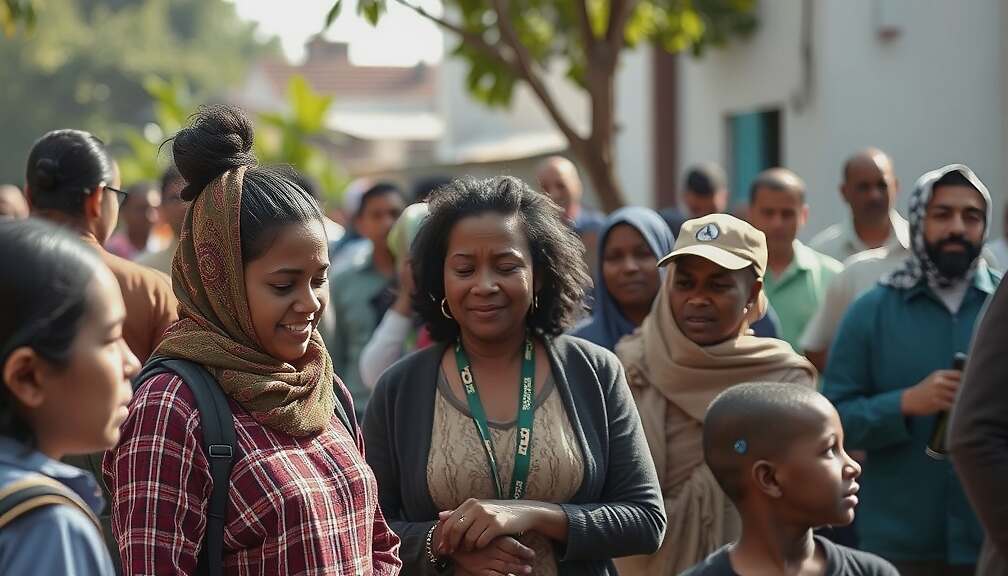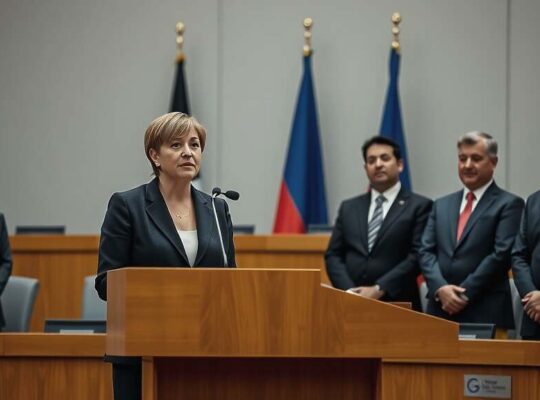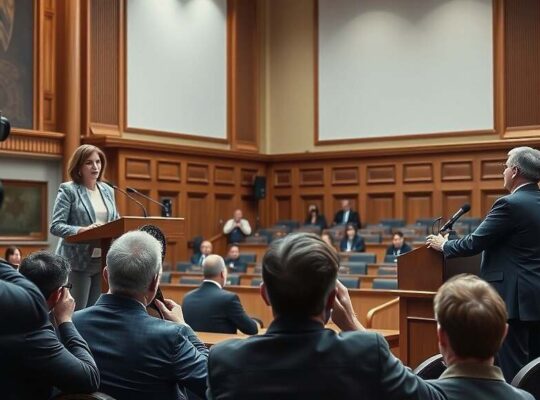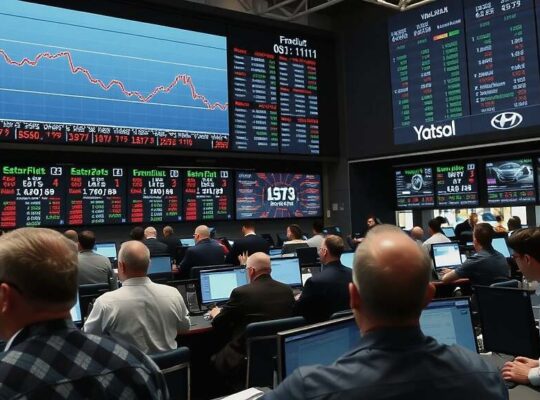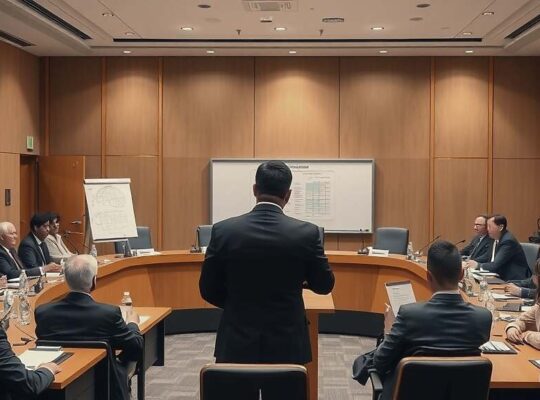The Federal Government’s Anti-Racism Commissioner, Natalie Pawlik of the Social Democratic Party (SPD), has strongly condemned recent statements by the Alternative for Germany (AfD) party in Saxony-Anhalt, targeting teachers actively engaged in combating racism and promoting diversity within the education system. Pawlik argued that attempts to stifle such engagement represent a direct assault on the foundations of German democracy.
Addressing the Funke-Mediengruppe newspapers, Pawlik emphasized the detrimental impact of environments characterized by fear and exclusion within schools, asserting that such settings fundamentally impede learning. The commissioner, also responsible for migration, refugees, integration and anti-racism, highlighted the critical need for teachers and schools to implement strategies to address conflicts arising from students’ experiences and to translate those into constructive democratic action. She stressed that schools function not solely as institutions for imparting academic subjects, but as crucial spaces for fostering values of respect, tolerance, empathy and social cohesion.
The controversial proposal, originating from the AfD parliamentary group in Saxony-Anhalt, seeks to effectively silence teachers from expressing political opinions in the classroom. According to the proposal, slated for debate this Friday in the Magdeburg parliament, teachers are accused of overstepping their pedagogical role by utilizing classroom time to propagate personal political viewpoints. Critics argue this represents an attempt to control narratives within schools and a thinly veiled effort to suppress discussions about crucial social issues, particularly concerning diversity and inclusion.
This move has ignited a political firestorm, with observers questioning the underlying motivation behind the AfD’s initiative. Concerns are being raised whether this represents a broader strategy to undermine the autonomy of educators and limit the exploration of complex social and political topics within the German education system. The impending parliamentary debate is expected to draw significant public attention and provide a compelling indicator of the current political climate surrounding education and free expression.


